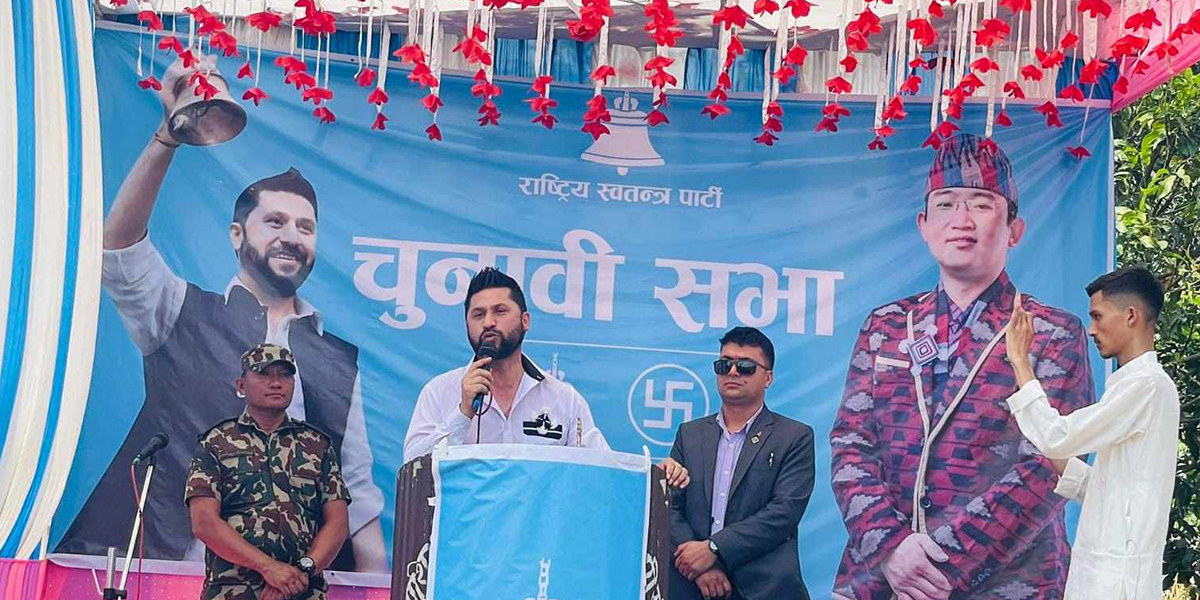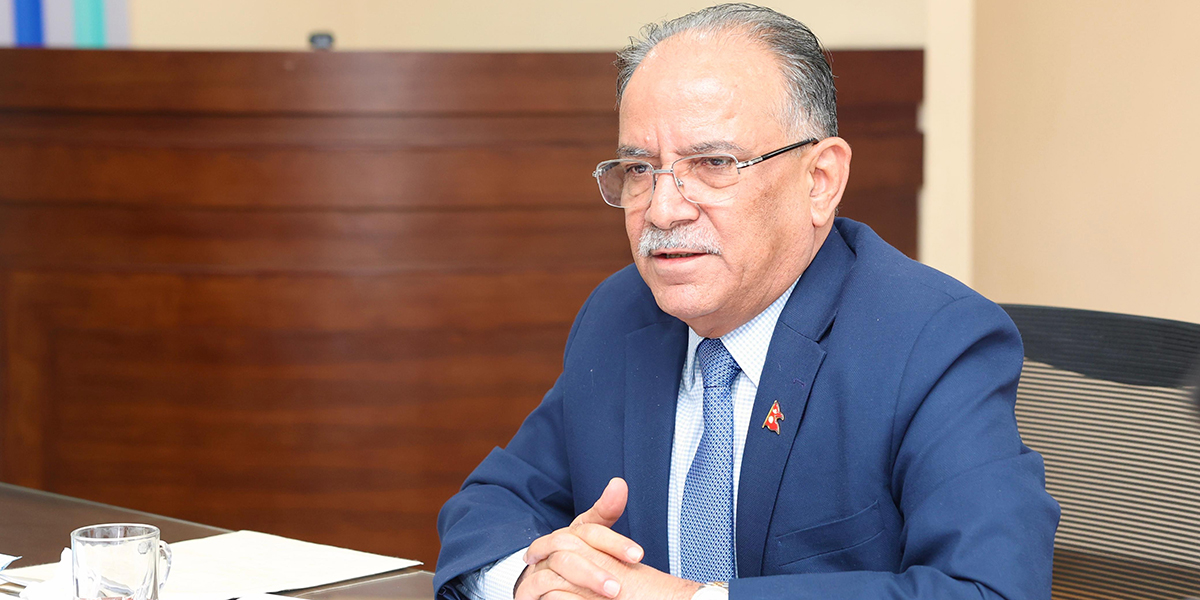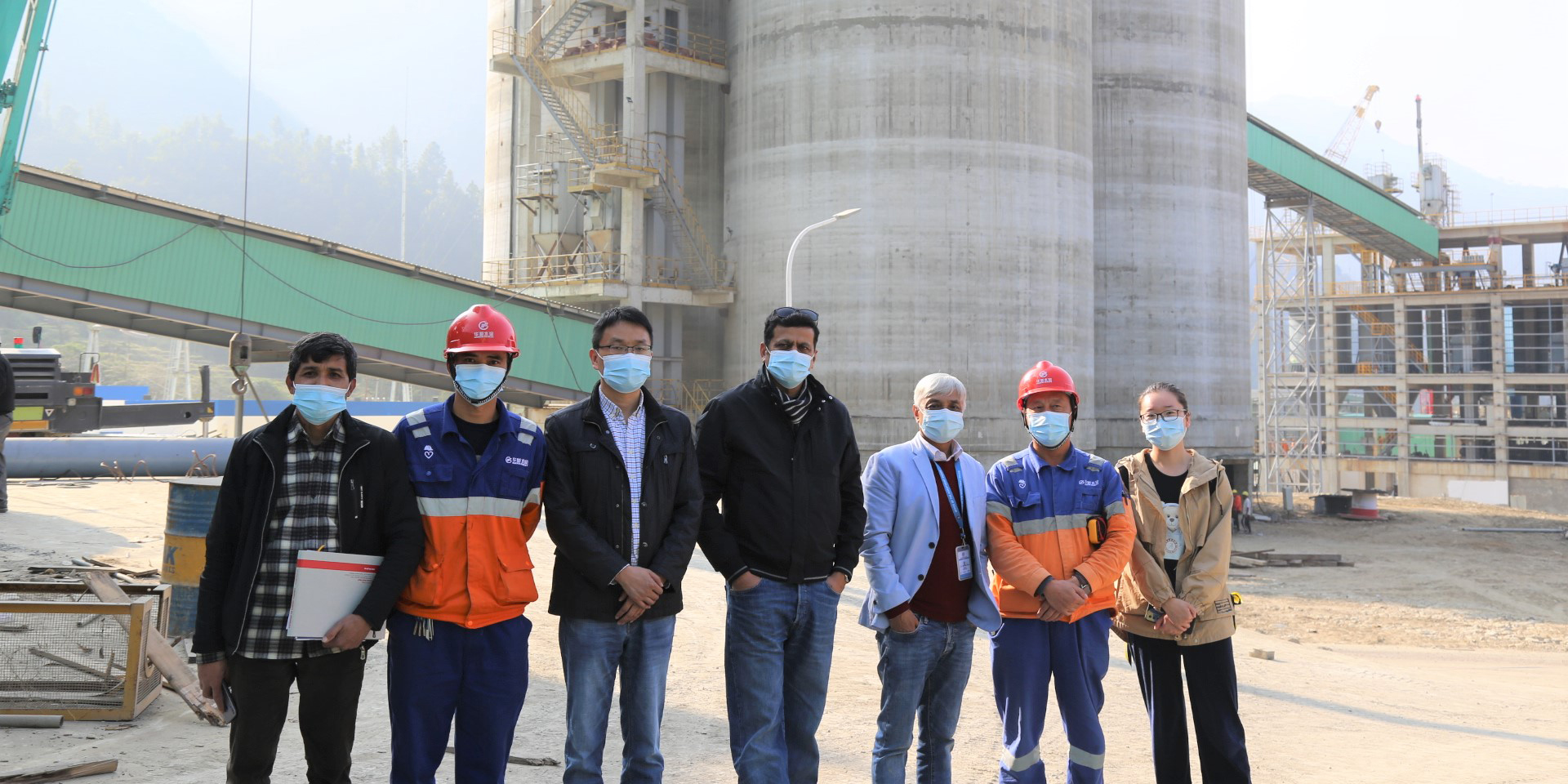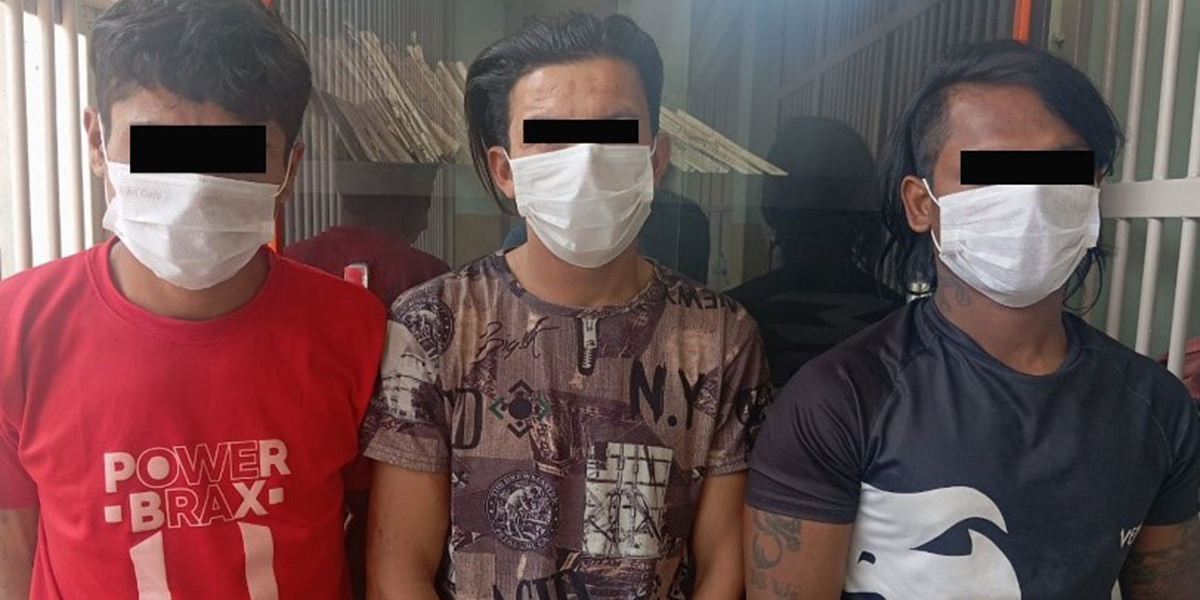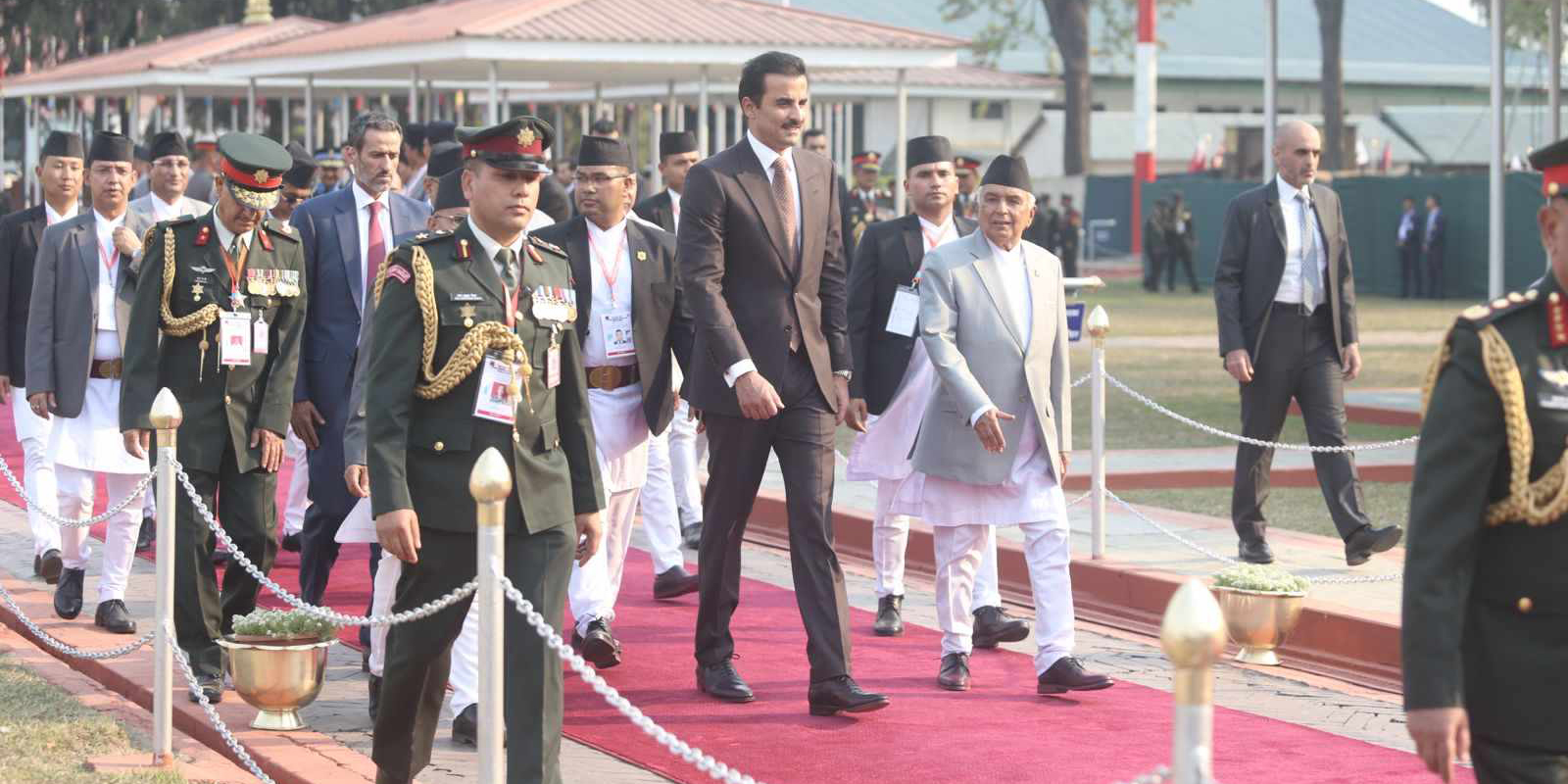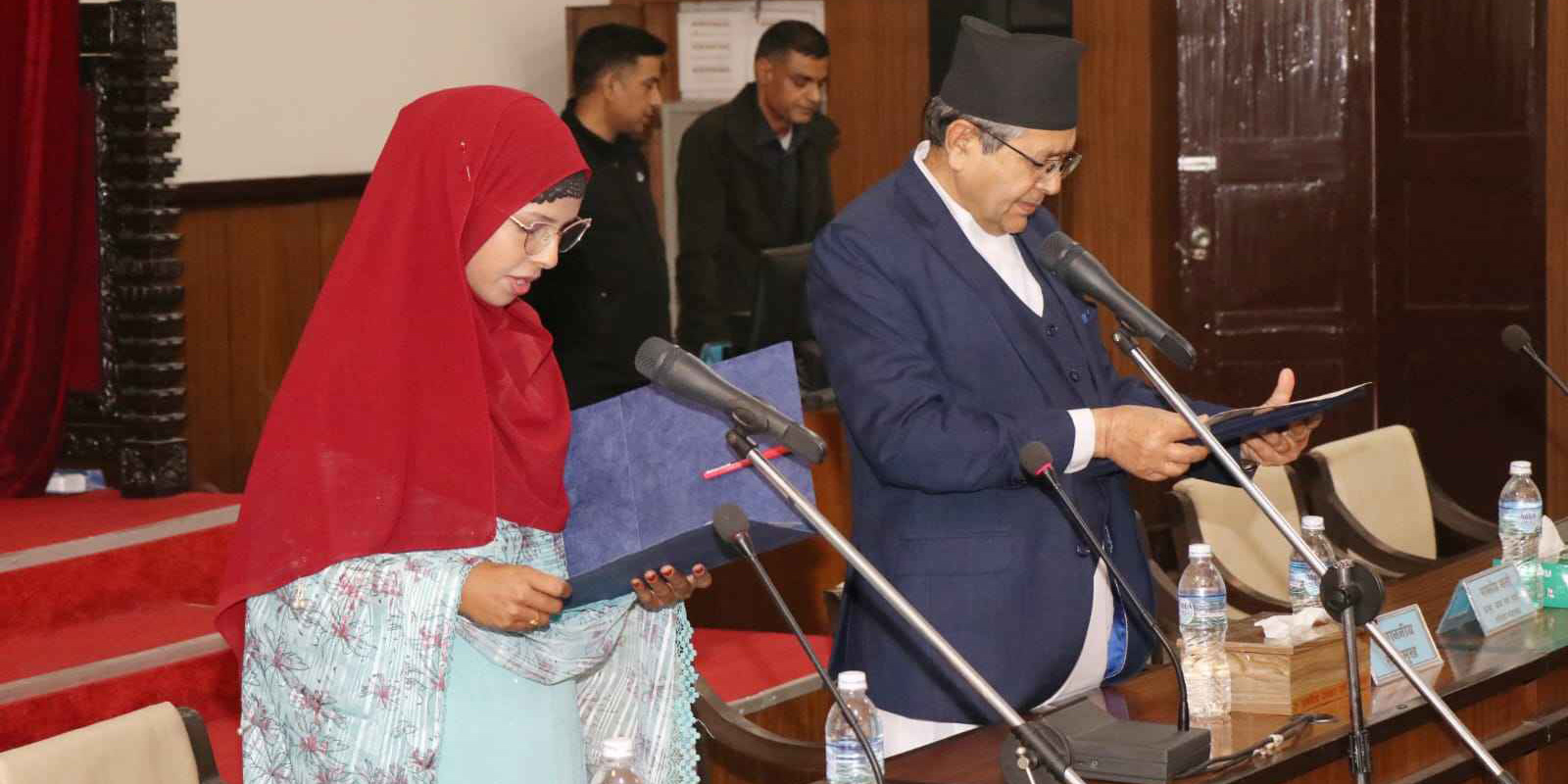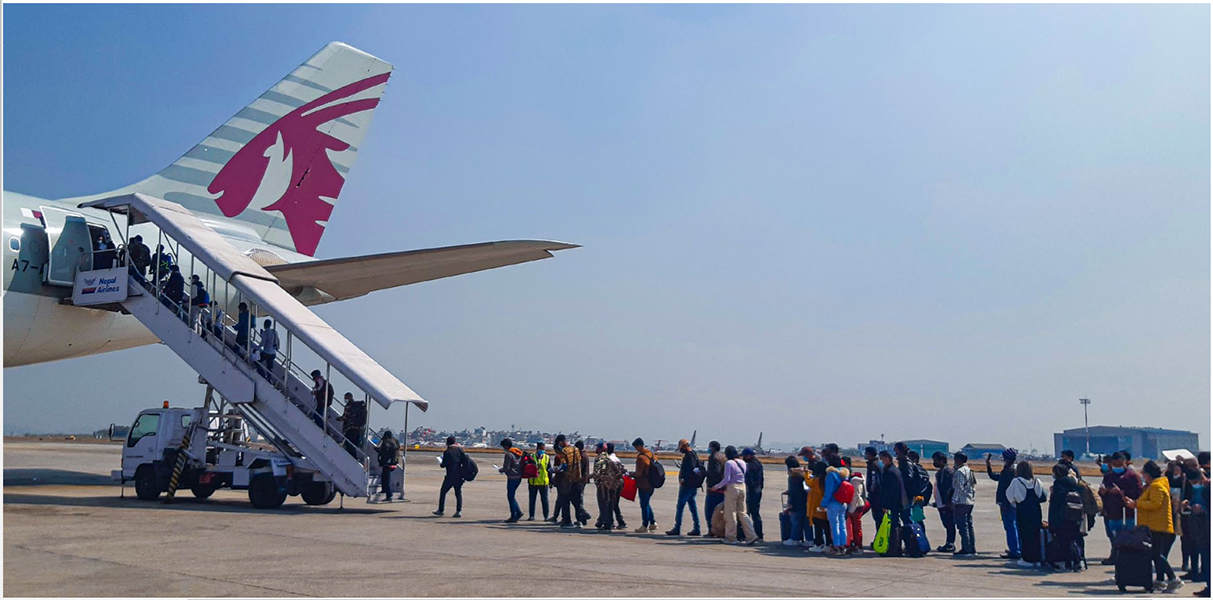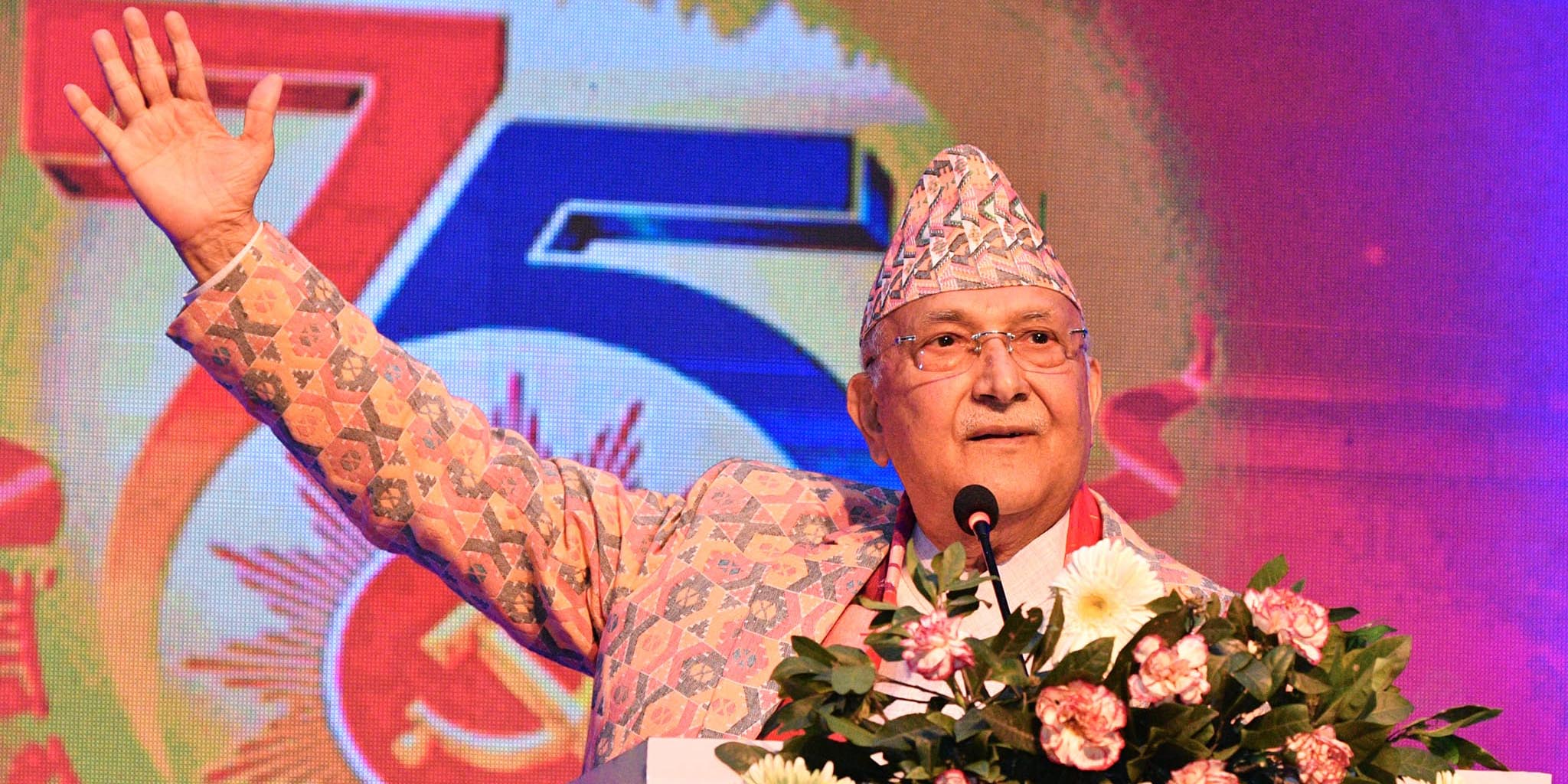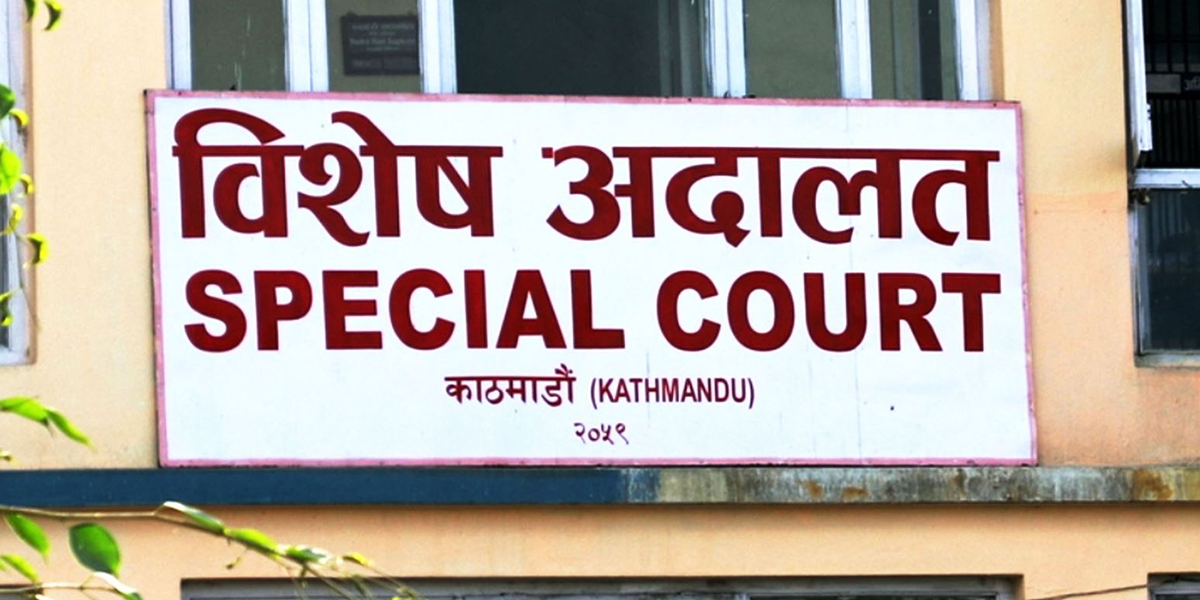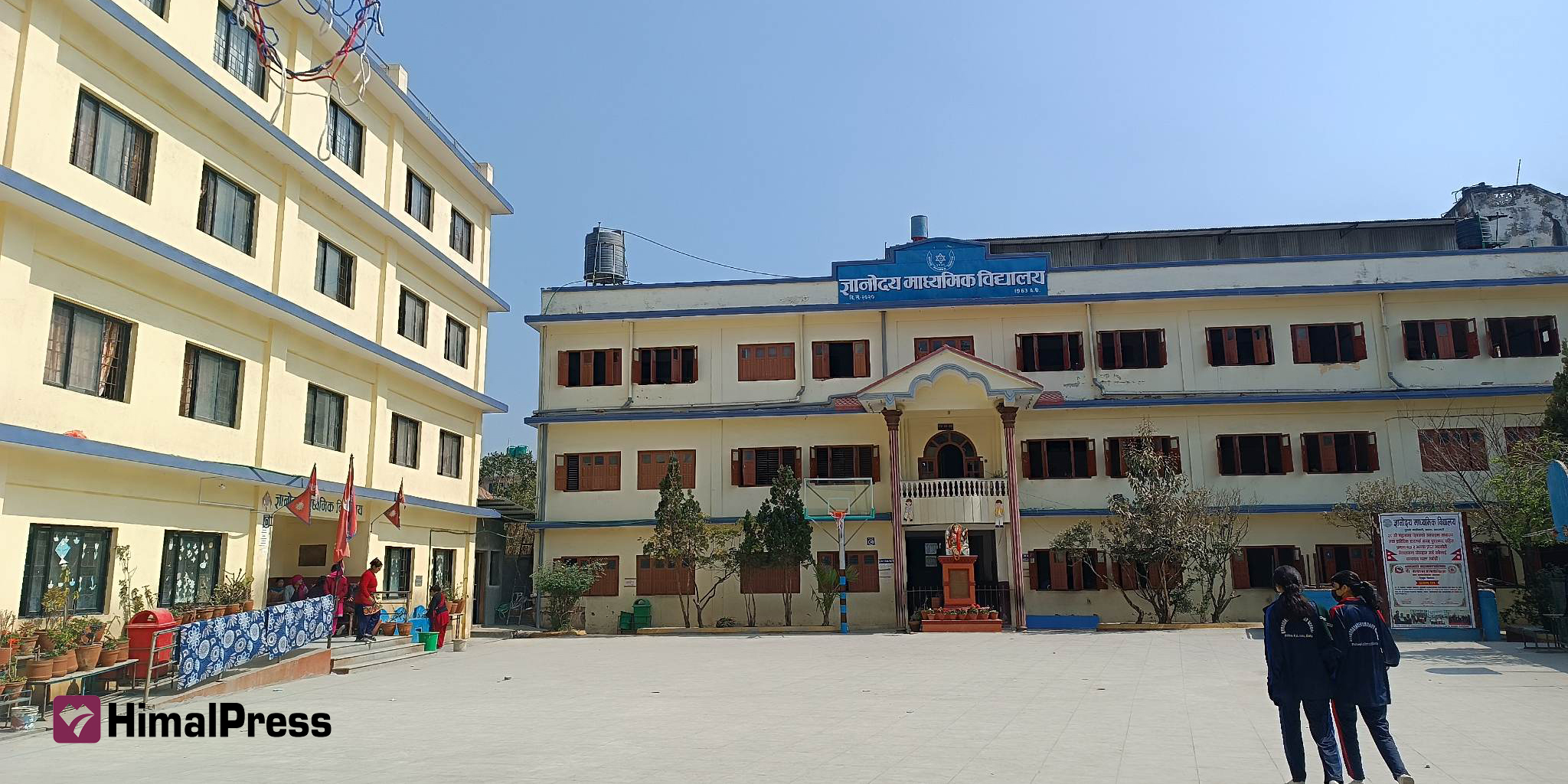
KATHMANDU: Gyanodaya Secondary School in Bafal of Kathmandu stands out as a successful community school in the country. The remarkable achievements of this school can be attributed to the competent leadership of the management committee, the hard work of the teaching staff, and the trust of the parents.
The school has consistently produced excellent results in SEE and SLC examinations. Principal Natikaji Maharjan attributes this success to the trust shown by parents in the school. “The strong tripartite relationship between teachers, students, and parents has been instrumental in our success,” said Maharjan.
Maharjan emphasizes that quality education cannot be achieved solely through good infrastructure. He believes that hard work from teachers, students, and parents is essential for success. The teacher’s active involvement in learning activities plays a critical role in achieving this, he added.
“Every day, we create a learning plan, gather educational resources, and teach our students in a friendly manner,” Maharjan explained.
The school has also received an ‘ICT Award’ from Nepal Telecom, thanks to its adoption of ICT technology in teaching.
Guardianship of the Principal
To compete with private schools and offer quality education, public schools must prioritize their efforts to ensure their students receive the best possible education. The school administration understands this, and is working hard to create an environment that reassures parents that their children are attending a high-quality school.
Principal Maharjan believes that quality learning in the classroom leads to excellent results. To achieve this, the school has adopted teaching methods commonly used in private schools and practices from the best schools. “The school’s focus is on creating an effective and systematic learning environment, which involves a team of experienced and hardworking teachers, the use of educational materials, disciplined students, and efficient management,” added Maharjan.
Teacher Bishnu Prasad Gyawali shared that the school’s focus is on producing skilled individuals who can thrive in a competitive job market. “To achieve this goal, the school is taking a planned approach and focusing on building a strong foundation,” he added. Gyawali emphasized that quality education is at the forefront of the school’s mission, with students at the center of their efforts.
Teachers at the school work hard to plan lessons and create educational materials that support effective learning. According to Principal Maharjan, the school encourages a collaborative approach to problem-solving for both students and teachers.
Maharjan also believes that the principal’s role should be that of a guardian, and that teachers should be motivated and supported to work to the best of their abilities. In addition to effective school management, the school is also focused on improving the overall quality of education.
Principal Maharjan attributes Gyanodaya’s success to the efforts of previous principals, specifically Ratna Bajracharya and Dhananjay Sharma. Maharjan shared that Bajracharya instilled a strong work ethic in the school’s culture, which was continued by Sharma. As a result, Gyanodaya has gained a reputation for providing quality education.
Maharjan also noted that the school’s success is not limited to the efforts of the administration and faculty. “Students themselves have played a significant role in disseminating the message of Gyanodaya’s education quality in the community,” he added.
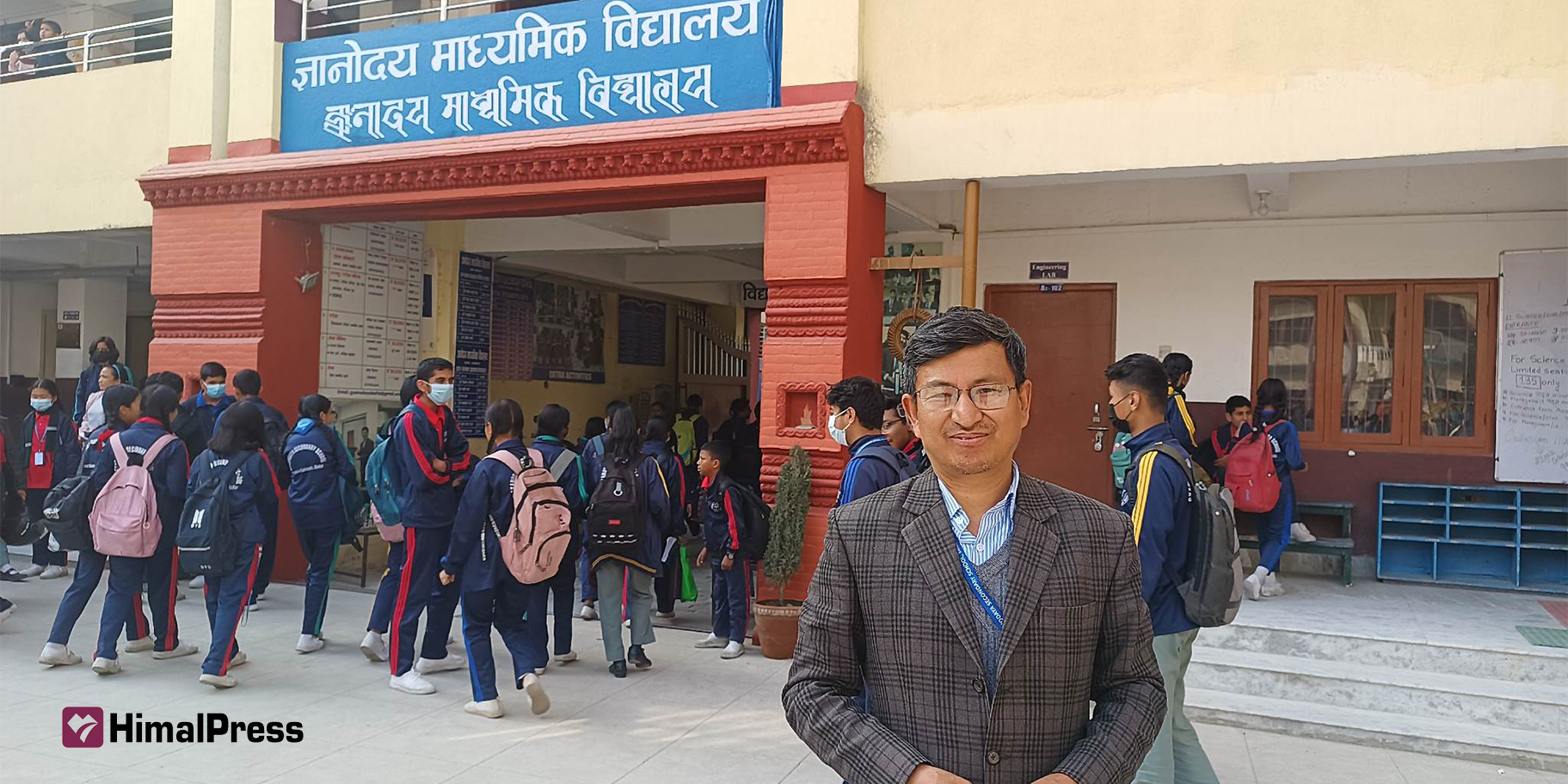
Good Infrastructure
Gyanodaya is spread over eight ropanis of land, and boasts two modern buildings constructed after the 2015 earthquakes. The school also has an older building that was retrofitted after the earthquake and features 70 rooms. In addition, the school has sports facilities, including a basketball court and table tennis boards, as well as two state-of-the-art ICT labs and a science lab. These physical infrastructure have been attracting students to the school.
Gyanodaya has also been offering Early Childhood Development (ECD) classes as well as Grade 11 and 12 classes by mobilizing internal resources. It charges a monthly fee of Rs 250 to Rs 300 per student for most classes, with Grade 10 students paying Rs 700, and Grade 11 and 12 students paying Rs 900 for management and Rs 1,500 for science faculties.
When asked why the school was charging a fee despite being a government school, Maharjan explained that by taking help from parents, both the school and the parents become responsible for enhancing the quality of education. He added that the fees will help to manage more teachers for additional classes.
The school is also receiving government support from various programs, including the School Education Reform Program, School Education Development Program, and President Educational Reform Program, which reflects the school’s academic success. The Kathmandu Metropolitan City, the provincial government, and even the Asian Development Bank have supported Gyanodaya in improving its physical and educational infrastructure.
The school witnessed a surge in the number of students enrolling after the COVID-19 pandemic. According to Maharjan, many students are leaving private schools to enroll in Gyanodaya which currently has 4,333 students from nursery to Grade 12. However, the school enrolls a maximum of 100 students in its nursery class due to limited classroom space. Maharjan mentioned that although they receive many applications, they cannot accommodate more than 100 students in the nursery class as they don’t have enough rooms to run extra classes.
Maharjan also noted that the school’s popularity started increasing after it started teaching in English medium 11 years ago. Maharjan, who has been teaching at the school since 1990, took over as the principal after educationist Dhananjaya Sharma’s tenure.
Gyanodaya students have been consistently performing well in the Secondary Education Examination (SEE) in Nepal. In 2016, 28 students from Gyanodaya received A+ grades in the SEE exams. This number increased to 48 in 2017, 31 in 2018, 60 in 2019, 197 in 2020, 249 in 2021, and 78 in 2022, showcasing a steady improvement in academic performance over the years.
Furthermore, Gyanodaya is also recognized as the best-performing school in the technical faculties of Grade 12 in the Kathmandu Metropolitan City.
Use of technology
The school has made technology an integral part of its learning approach by introducing ICT and digital labs, as well as smart board classes. Additionally, the school has been providing extra online classes even during winter, summer, and Dashain holidays. Computer classes are taught from Grade 4, and pre-primary classes are conducted using the Montessori medium.
“The students learn through the decodable learning method by creating various types of pictures. Rather than relying on book illustrations, they make their own pictures and learn by exploring real objects on the internet. This innovative approach enables the students to learn quickly through a combination of watching, learning, and reading,” added Maharjan.
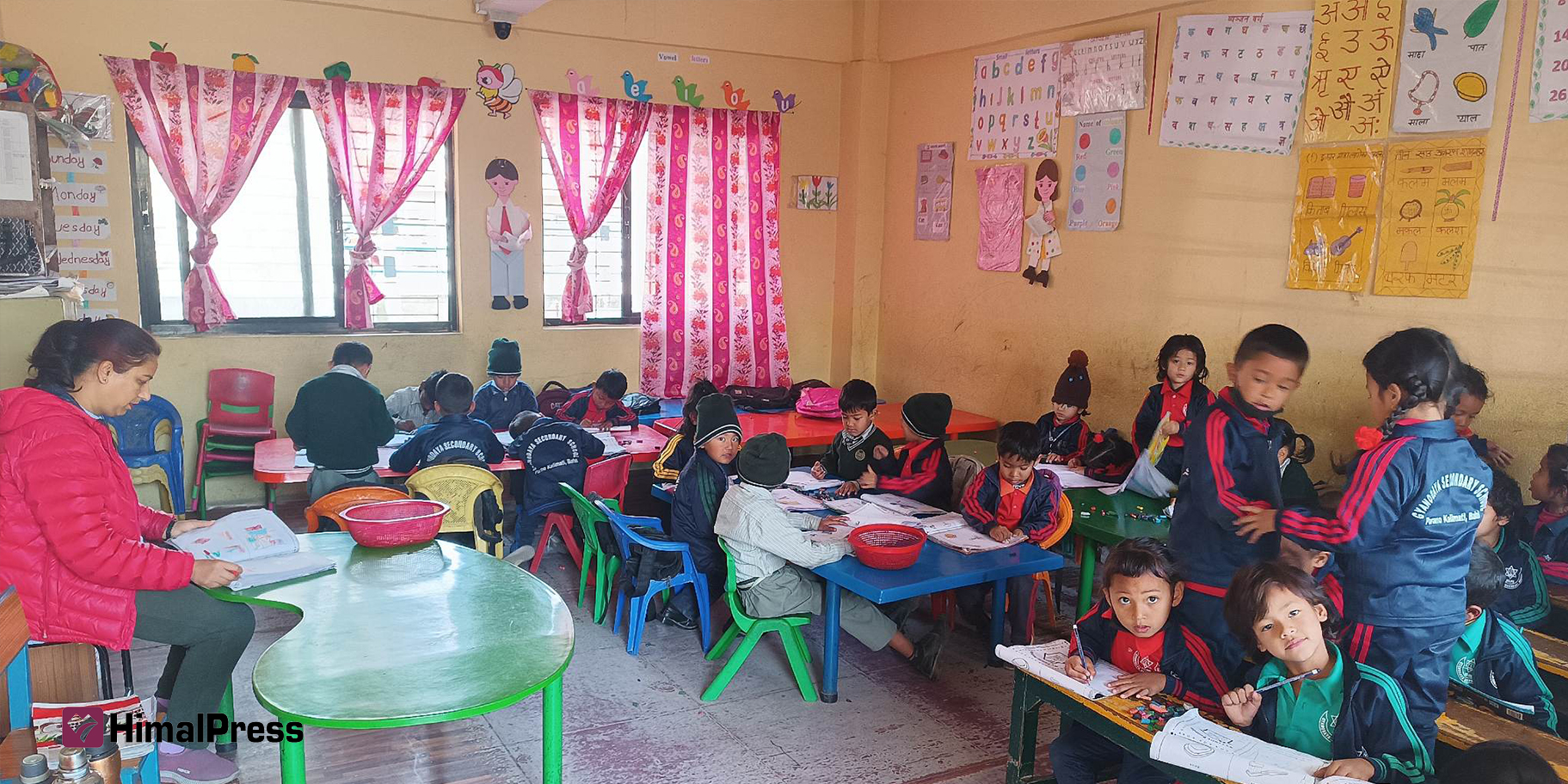
Teaching faculty is the main pillar
Maharjan attributed Gyanodaya’s success as a model school to the hard work of its teachers and the trust of the community. To continue this success, the school’s principals and teachers have been actively discussing with parents to express their commitment to improving the school.
He emphasized the importance of teachers’ hard work in maintaining the school’s reputation and encouraged the community to take ownership of the school. According to Maharjan, the school administration should appoint teachers who convey positive energy and messages to create a conducive environment for teaching.
“The children of most of the teachers of our school study in this school. That is why the quality of our school is better than private schools,” he added.
In addition to the aforementioned initiatives, Gyanodaya School also appoints a coordinator and provides a special allowance when a new program is implemented. Though the allowance amount is small, teachers are given financial support for attending meetings related to these programs.
Midday Meals
Furthermore, the school provides mid-day meals to its students. However, the principal disagrees that the students’ attraction to the school has increased solely due to the provision of lunch. Instead, he expresses concern over the government’s delay in providing the funds for the mid-day meals.
According to Maharjan, the Kathmandu Metropolitan City has not yet disbursed the lunch expenses of Rs 1.3 million incurred until June last year. Despite this, the school has been using its own resources to provide mid-day meals to the students. However, Maharjan expressed concern that it would become difficult to continue the meal program if the disbursements are not received from the government.
Gyanodaya School does not charge any fees to underprivileged students. “Instead, we provide free textbooks and stationery to these students. Furthermore, we also award the top three students in each class,” added Maharjan.

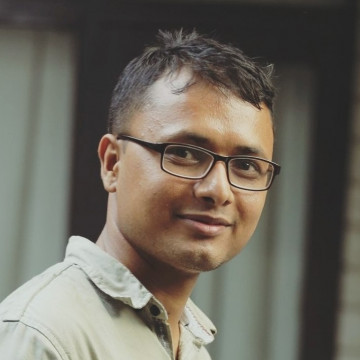
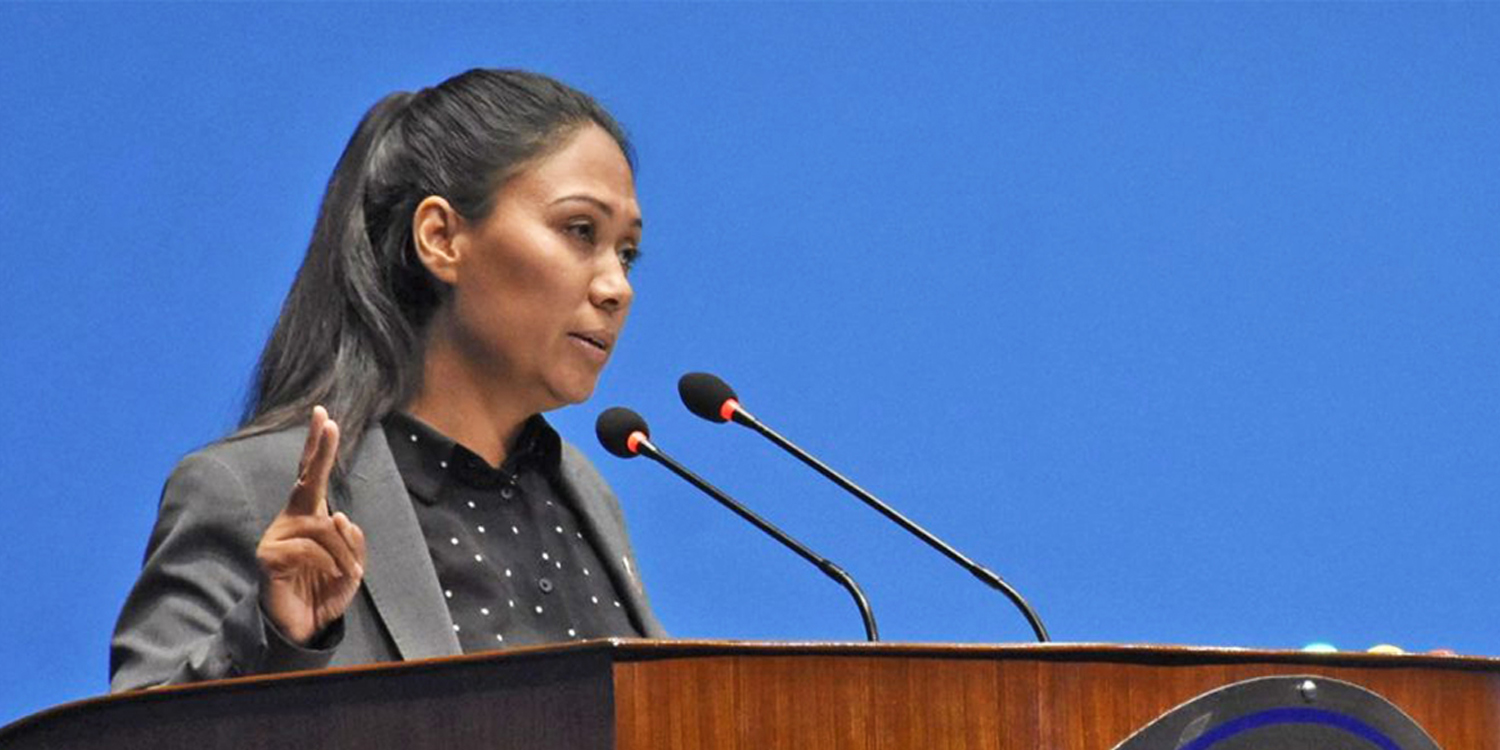
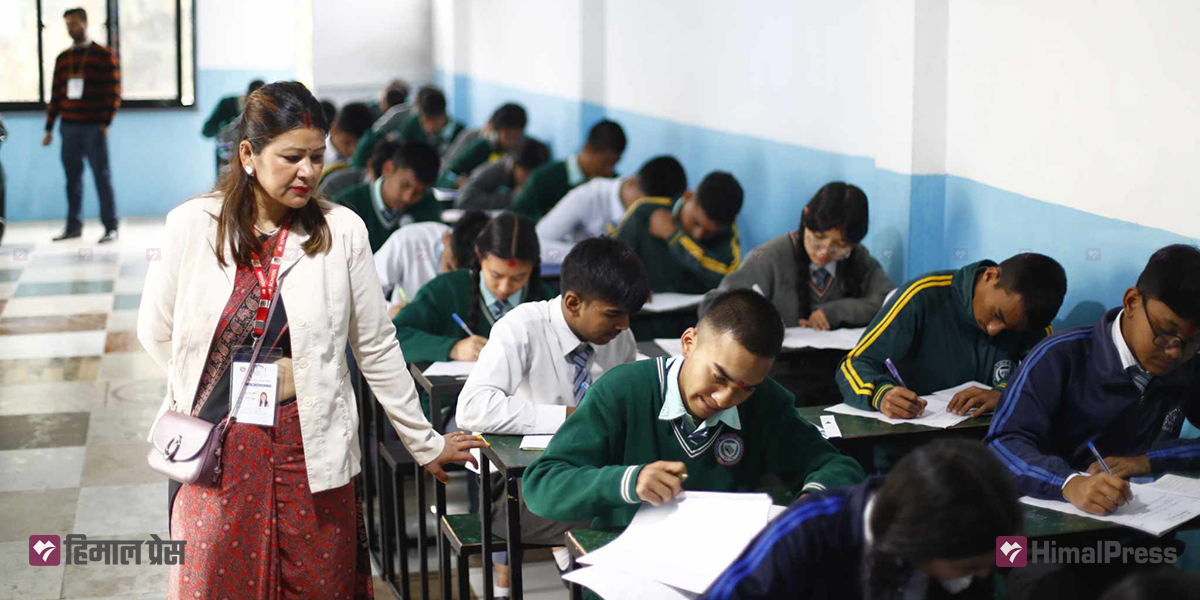
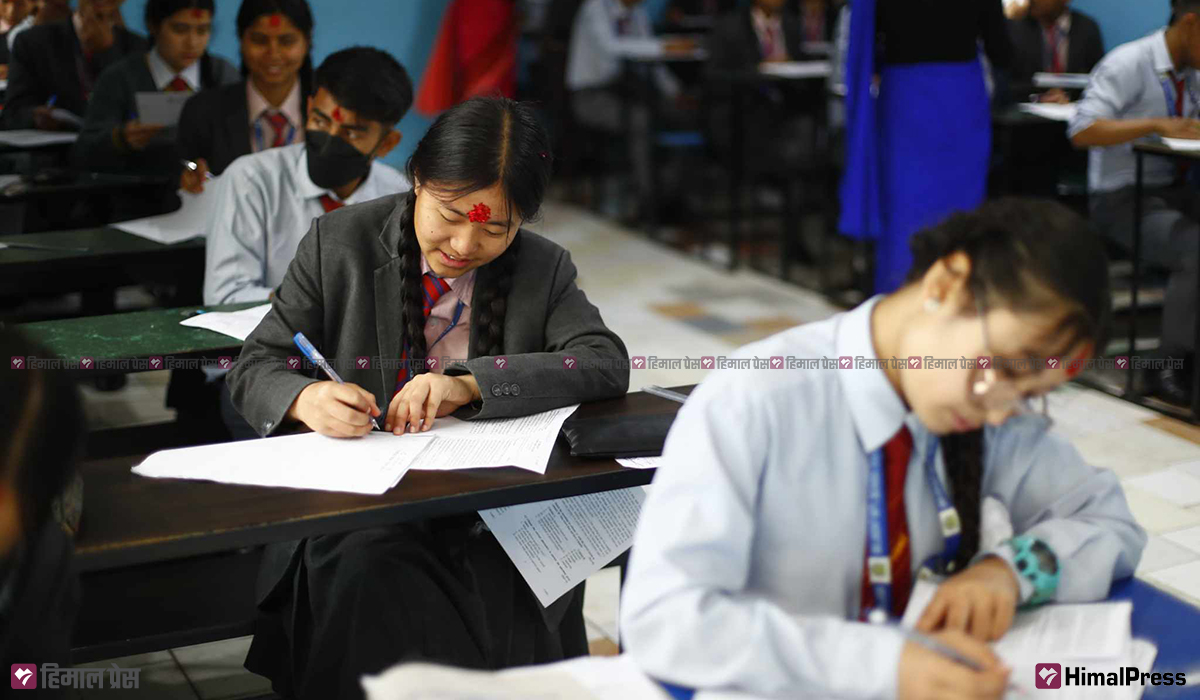

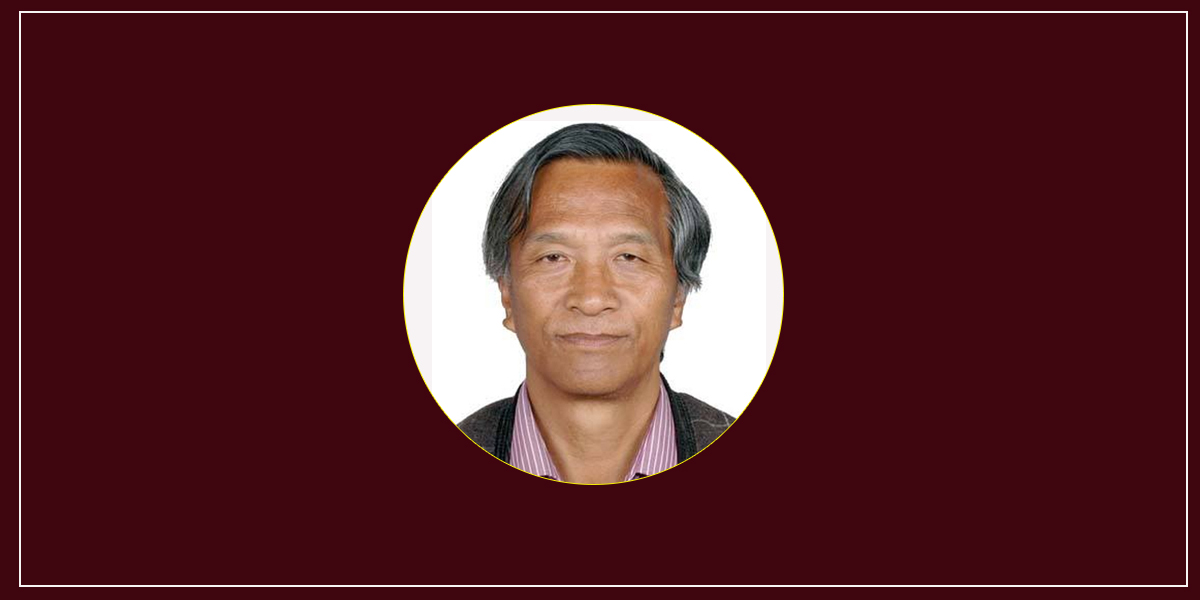
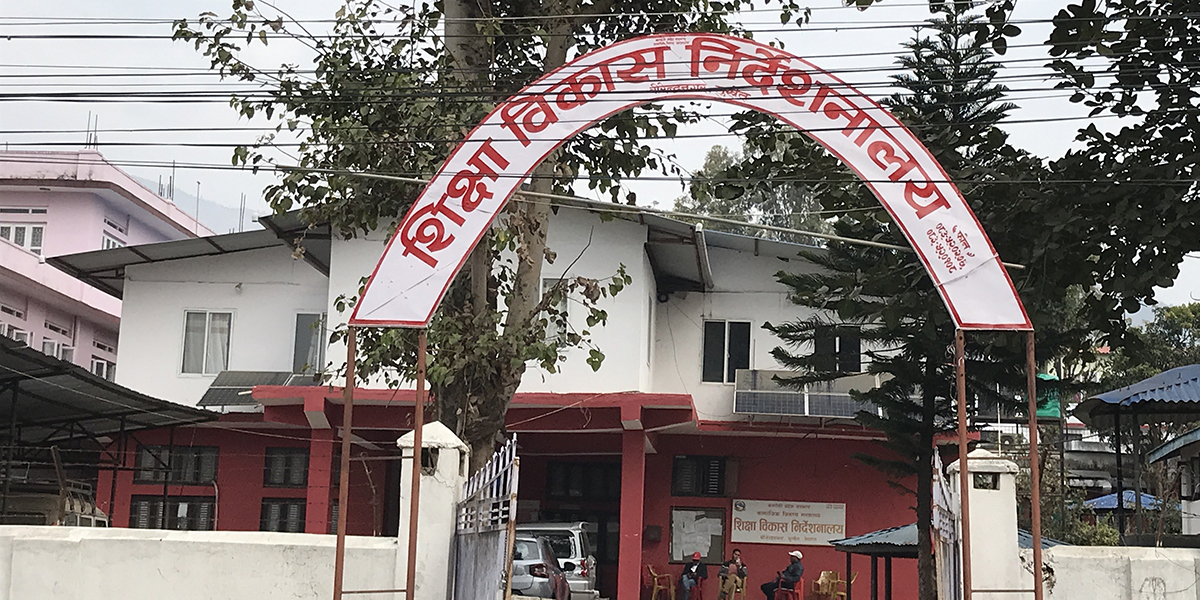
![Suryabinayak-Dhulikhel road widening works underway [In Pictures]](https://en.himalpress.com/wp-content/uploads/2024/04/suryabinaya_dhulikhel_sadak-17.jpg)
